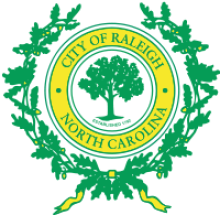Community Broadband Bits 23 - Harold Feld from Public Knowledge

One hundred years after Teddy Roosevelt and AT&T agreed to the Kingsbury Commitment, Harold Feld joins us on Community Broadband Bits podcast to explain what the Kingsbury Commitment was and why it matters. In short, AT&T wants to change the way telecommunications networks are regulated and Harold is one of our best allies on this subject.
AT&T is leaning on the FCC and passing laws in state after state that deregulate telecommunications. Whether we want to deal with it or not, these policies are being discussed and consumer protections thus far have taken a beating. This interview is the first of many that will help us to make sense of how things are changing and what we can do about it.
We also discuss the ways in which the Federal Communications Commission and Federal Trade Commission spurred investment in next-generation networks by blocking the AT&T-T-Mobile Merger on anti-trust grounds.
Harold is senior Vice President of Public Knowledge and writes the Tales of the Sausage Factory blog.
Read the transcript from this episode here.
We want your feedback and suggestions for the show - please e-mail us or leave a comment below. Also, feel free to suggest other guests, topics, or questions you want us to address.
This show is 22 minutes long and can be played below on this page or subscribe via iTunes or via the tool of your choice using this feed. Search for us in iTunes and leave a positive comment!
Listen to previous episodes here. You can download the Mp3 file directly from here.
Find more episodes in our podcast index.
Thanks to mojo monkeys for the music, licensed using Creative Commons.


